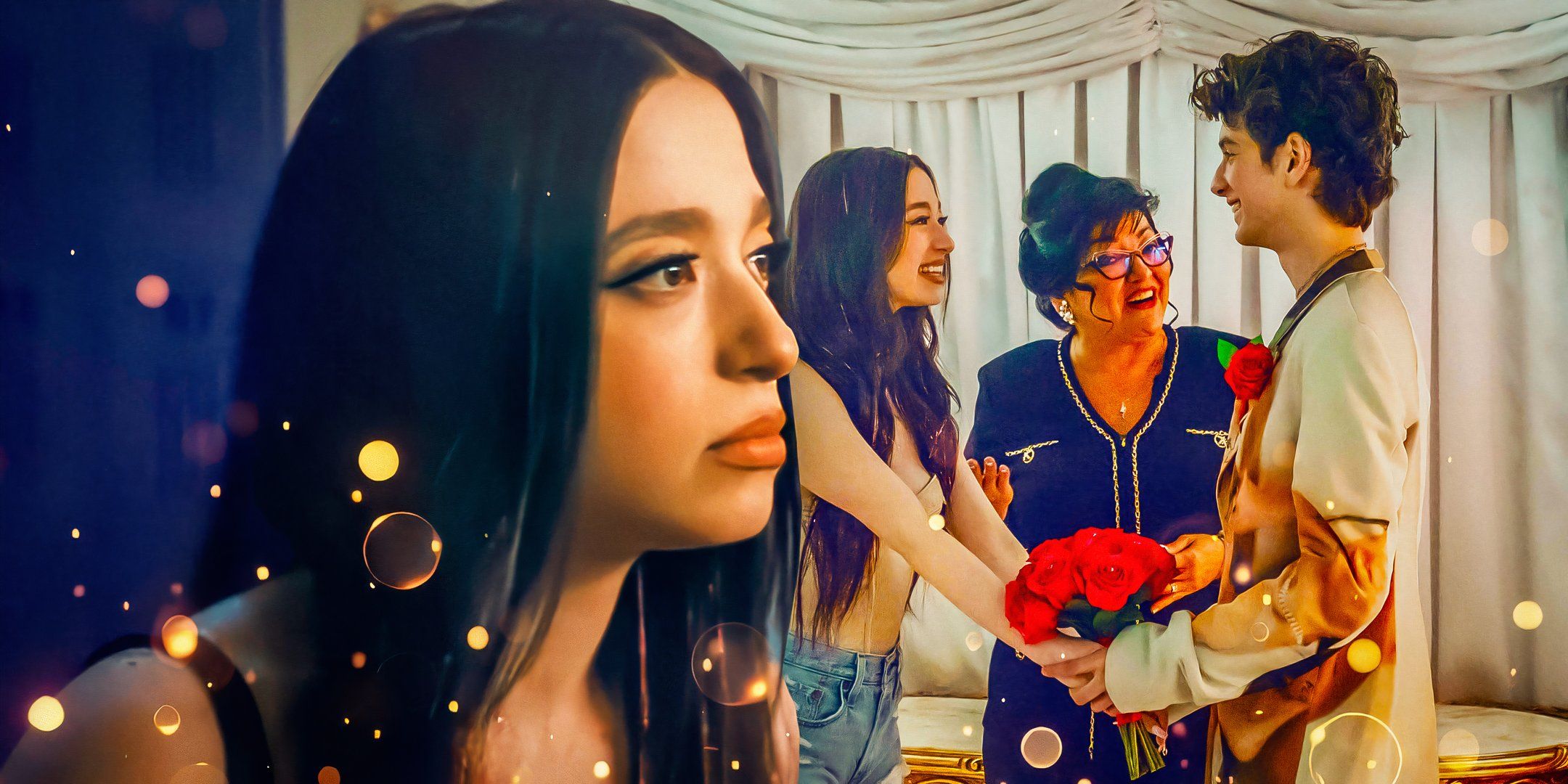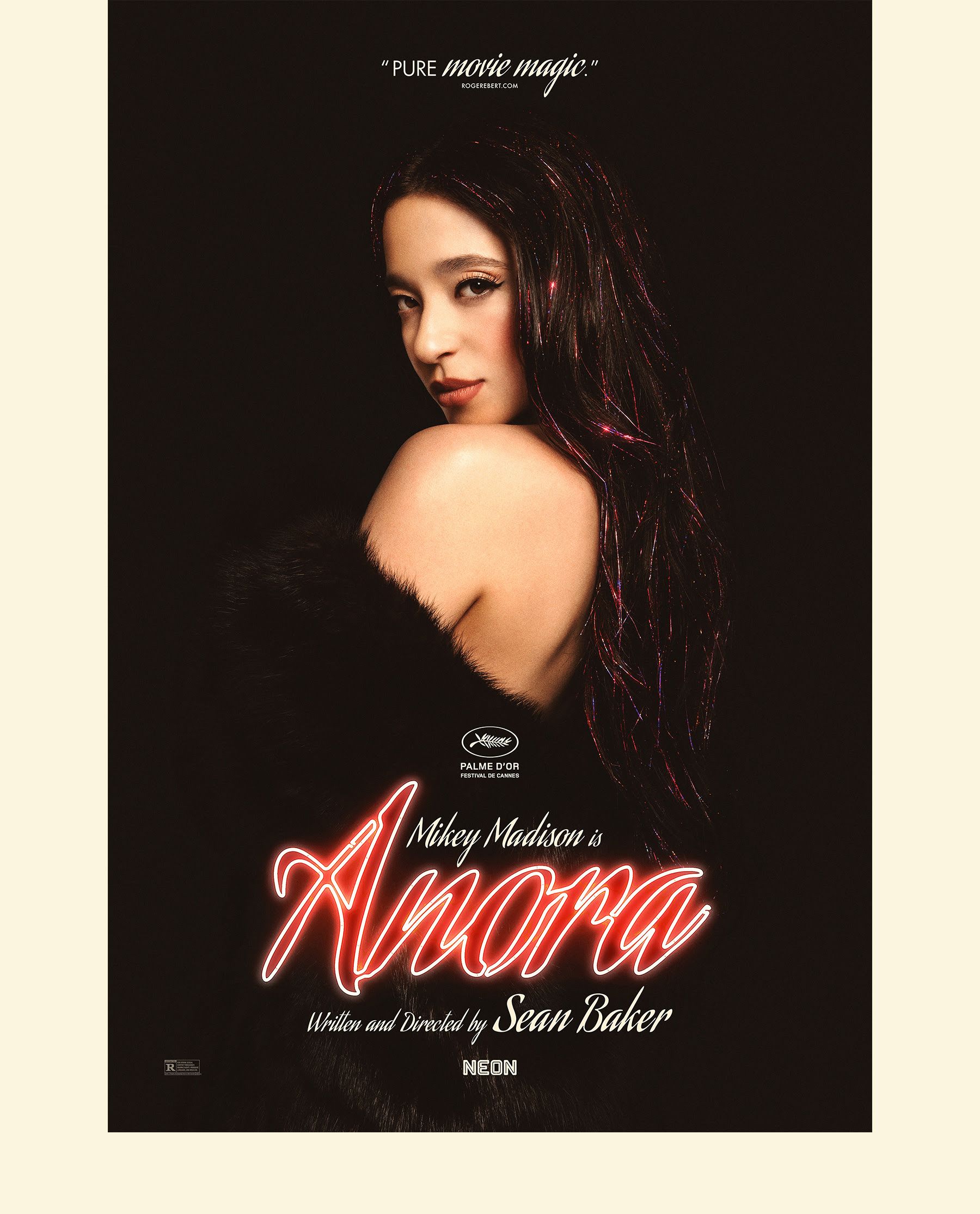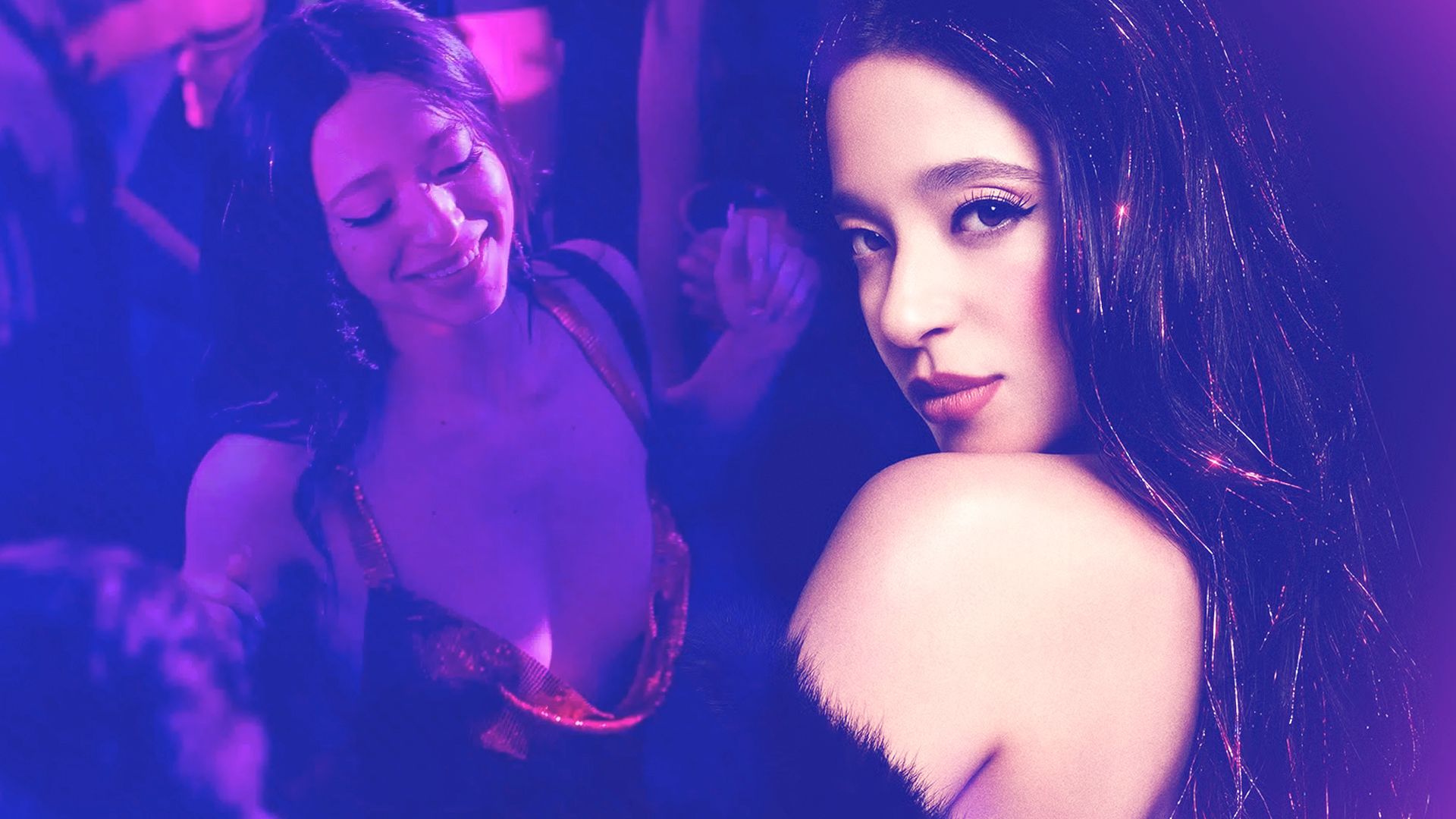What Happened In The Last Scene Of Anora – A Look At Clarity
When a film ends, especially one that leaves a lot to think about, our minds often keep going, piecing together what we just saw. We want to talk about it, share our thoughts, and maybe even get a better grasp on those final moments. It's a very natural thing for people to do, to try and make sense of stories together. So, when folks start wondering about what went down in the very last part of a film like Anora, it just shows how much the story touched them, you know? They're trying to figure out the full picture, and that really is a big part of how we connect with what we watch.
Getting to the bottom of a movie's closing moments can be a fun puzzle, a kind of group effort where everyone brings their own take to the table. Sometimes, though, getting our ideas across clearly can be a bit of a trick. It's like, we all see something, but the way we put it into words can make all the difference in whether someone else truly gets what we're trying to say. That's why having a good handle on how we talk about things, making sure our language is as straightforward as possible, can really help when we're trying to unpack a scene that has everyone buzzing.
This discussion isn't just about the film itself; it's also about how we communicate our feelings and ideas about it. It’s about making sure our conversations about those striking final shots are as clear as can be, so everyone can share in the collective experience without a lot of crossed wires. After all, what's the point of talking about something if our words just add more confusion, right? We want to make sure we're all on the same page, or at least talking about the same book, when we look back at a film's ending, like the one in Anora.
- Girlfriend Of Tiger Woods
- Ozempic Weight Loss
- Sullivan Patrick Dempsey
- Carrie Fisher
- New Hunger Games Movie 2026
Table of Contents
- What Makes a Movie Ending Memorable?
- Why Do We Talk About "what happened in the last scene of Anora"?
- How Can We Talk About Scenes Like Anora's Last Without Misunderstandings?
- Getting Our Words Right - A Key to Explaining "what happened in the last scene of Anora"
- Are We Using the Right Time and Place Words?
- What About Those Quick Online Talks?
- What Happens When Communication Goes Sideways?
- Is There a "Right" Way to Describe "what happened in the last scene of Anora"?
- Looking Back - Why Do We Keep Reliving These Moments?
What Makes a Movie Ending Memorable?
You know, some movie endings just stick with you, don't they? They sort of hang in the air long after the credits roll, leaving you with thoughts and feelings that linger. It's not always about a big twist or a shocking reveal, though those can certainly make an impact. Sometimes, it's just the way a story wraps up, the quiet moments, or even the questions it leaves unanswered. That, is that, a really powerful ending can make you think about everything that came before it in a whole new light. It can make you want to go back and watch it all again, just to pick up on little clues you might have missed. A truly memorable ending, basically, makes you want to talk about it, to hear what others thought, and to share your own reflections. It creates a shared experience, a topic for conversations that can go on for quite some time, actually. It’s almost like the film isn’t truly finished until we’ve had a chance to process it with others, which is pretty cool if you think about it.
Why Do We Talk About "what happened in the last scene of Anora"?
People often find themselves drawn to discussing the closing parts of a story, particularly when those moments carry a lot of weight. It’s a very human thing, you see, to want to make sense of things that stir us or leave us with a sense of wonder. When a film like Anora wraps up, and its final scene presents something that makes you pause, it’s only natural for questions to pop up. We want to know if others saw what we saw, if they felt the same way, or if their take on it was completely different. This collective curiosity, in a way, helps us build a fuller picture of the story’s meaning. We’re not just trying to figure out what happened; we’re trying to understand what it all *means*, and that really is a big part of why these conversations come up. We look for shared interpretations, for different angles, and for anything that might shed more light on those final, impactful moments. It's almost like a puzzle we're all trying to solve together, which is pretty neat.
How Can We Talk About Scenes Like Anora's Last Without Misunderstandings?
When we talk about something as important as a movie's ending, especially one that might be open to different ideas, getting our words just right can make all the difference. It's like, if we're not careful with how we explain things, our thoughts might get twisted or simply not land the way we mean them to. Clear communication is a big deal here, because it helps us share our ideas without creating confusion. We want to be able to talk about what we saw, what we felt, and what we think it all meant, without accidentally sending someone down the wrong path. So, making sure our language is plain and our points are well-made helps everyone stay on the same page. It’s about building a bridge with our words, you know, so that our thoughts can travel from our heads to someone else’s without getting lost along the way. That, in fact, is a pretty important skill for any kind of discussion, especially about something that might have a few layers to it.
Getting Our Words Right - A Key to Explaining "what happened in the last scene of Anora"
Sometimes, the words we pick can change the whole feeling of what we're trying to say. Think about it: using "just" versus "only" might seem like a small thing, but those little choices can actually shift the emphasis of a sentence. If we're trying to describe something that happened in the last scene of Anora, picking the exact word to convey our thought is pretty important. Or consider the difference between saying something "began" and something "had begun." One points to a start, the other to something that was already in motion before another event. These tiny details, basically, help us paint a more precise picture with our language. When we're talking about a complex scene, making sure our verbs and other parts of speech are used correctly can really clear things up. It’s like using the right tool for the job, you know? It helps us get our point across without leaving room for a lot of guesswork, which is rather helpful when you're trying to share a specific observation.
Are We Using the Right Time and Place Words?
When we're trying to describe where or when something happened, those little words like "in," "on," and "at" become super important. They might seem small, but they really help set the scene. For example, if you're trying to explain a specific action that took place "in" a certain spot, or "on" a particular surface, or "at" a precise moment in time during the last scene of Anora, using the right one helps everyone picture it clearly. Getting these words mixed up could, in a way, make your explanation a little fuzzy. It's about making sure your listeners or readers can put themselves right there in the moment you're describing. So, paying a bit of attention to these tiny but mighty words means your story about what happened will be much easier for others to follow, you know? It really does make a difference in how well your message comes across, which is pretty neat.
What About Those Quick Online Talks?
In our modern world, we often chat about movies and other things using quick messages and online talk. This means we sometimes use abbreviations or shorthand to get our points across fast. While these can be handy for quick back-and-forths, they can also sometimes lead to a bit of confusion, especially when we're trying to explain something with a lot of layers, like what happened in the last scene of Anora. You know, a simple "lol" might not convey the full range of emotions you felt during a serious moment. So, while it's good to be able to use these quick ways of talking, it's also good to know when to slow down and use fuller words and sentences. It's about finding a balance, really, between speed and clarity. Sometimes, taking a moment to type out a complete thought can prevent a lot of head-scratching later on, which is actually quite valuable for a good discussion.
What Happens When Communication Goes Sideways?
It's a common thing for messages to get a bit tangled, even when people are trying their best to be clear. This can happen for all sorts of reasons, like different backgrounds or just different ways of looking at the world. When we're talking about something that might have a few different interpretations, like what went down in the last scene of Anora, these little differences in how we understand things can sometimes lead to bigger mix-ups. One person might focus on one detail, while another might see the whole picture in a completely different light, you know? The important thing is to try and understand where the other person is coming from, even if their view isn't the same as yours. It’s about listening as much as it is about speaking, and trying to bridge those gaps in understanding. Sometimes, simply asking for more explanation can clear up a lot of things, which is pretty helpful when you’re trying to connect with someone else’s point of view.
Is There a "Right" Way to Describe "what happened in the last scene of Anora"?
When it comes to talking about a film's ending, especially one that gets people thinking, the idea of a single "right" way to describe it can be a bit tricky. While there might be factual events that took place on screen, the feelings and meanings we take from those events can be very personal. So, in a way, there isn't just one perfect explanation that fits everyone. However, what we can aim for is a clear and honest description of what we observed. Using good grammar, making sure our sentences are put together well, and choosing words that truly reflect our thoughts can help us share our perspective in a way that others can grasp. It's about being precise with our language so that our interpretation is understood, even if someone else's is different. This approach allows for a rich conversation where different ideas can be shared and appreciated, which is pretty cool when you think about it.
Looking Back - Why Do We Keep Reliving These Moments?
There's something about certain moments, whether from our own lives or from stories we've experienced, that makes us want to revisit them again and again. It's like, sometimes, a particular scene from a movie, especially one that had a big impact, becomes a kind of "trip down memory lane" for us. We think back to how we felt when we first saw it, what questions it sparked, and how our understanding might have changed over time. This looking back, actually, is a way we process and make sense of things. It helps us connect with the story on a deeper level, and it also gives us something to talk about with others who shared the experience. It's a way of keeping the story alive, you know, and letting its impact continue to shape our thoughts and conversations. So, when we find ourselves discussing what happened in the last scene of Anora, it's often because that moment has truly stayed with us, prompting us to reflect and share.

Anora Ending Explained

Anora Ending Explained

Anora's Surprising, Subversive Ending, Explained